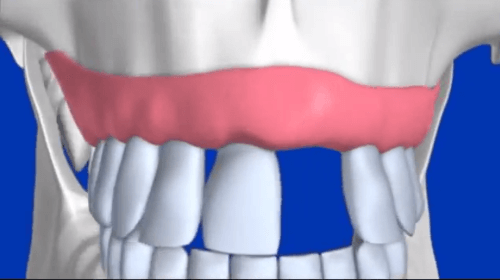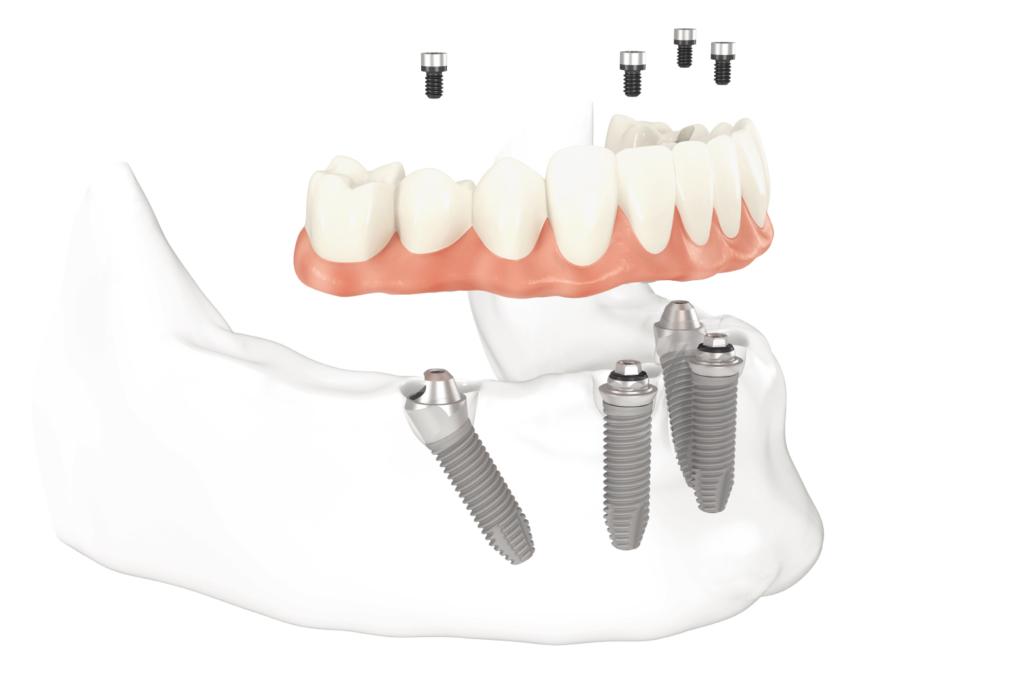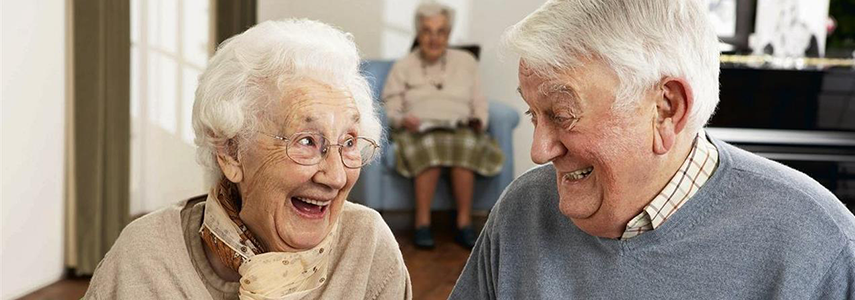According to the latest Istat projections, in 2050 there will be 20 million people over 65 in Italy, of which 4 million will be over 85 years old; but at what age can we consider ourselves too old for implantology?
Why feel too old for implantology?
Thinking that it is not worth it is one of the reasons that pushes people of a certain age to prefer removable dentures to fixed teeth; the idea of feeling too old for implantology is still a widespread idea.
Life expectancy, however, is much longer than a few decades ago: social life continues beyond the age of seventy and being without teeth involves considerable inconvenience:

- embarrassment in smiling;
- difficulty in pronouncing some words;
- discomfort in eating in company.
The impact of tooth loss on social life is very important, so why preclude the possibility of returning to having fixed teeth thanks to implantology?
Implantology in very elderly patients
As part of a research published in the Journal of Oral Rehabilitation, the hypothesis of the efficacy of implantology on very elderly patients is formulated, relating the intervention to the functions of the temporomandibular system.

When one or more teeth are lost, mechanisms are activated in our brain, the so-called neuroplastic functions, which allow the facial gold muscles (jaw, lips, tongue) to adapt to the new situation of the oral cavity. For this reason, even without one or more teeth we are still able to speak and chew.
In old age, the facial gold tissues weaken and the nervous system can also have problems sending the right inputs to the muscles. A complete rehabilitation through implantology would reduce these types of complications.
If you are in good health, you are never too old for implantology
The research has highlighted how, in very elderly patients, by combining implantology with a minimum of motor sense rehabilitation, both the functional and aesthetic parts can be completely recovered, with a benefit for every aspect of life, private and social.
If there are no particular contraindications to implantology, such as previous or ongoing pathologies, the patient could undergo the operation even at a very old age.
Thanks to sophisticated technological tools it is possible to plan each phase of the intervention, with great safety for the patient.

Elderly people with an excellent state of health will return to having fixed teeth in 24 hours, thanks to immediate loading implantology. It may also happen that with age the fear of facing the surgery may arise, in these cases implantology can be planned using conscious sedation.
It is a type of anesthesia that allows the patient to remain alert without feeling any kind of pain, but maintaining full control in the intervention phase, with the possibility of interacting with the dentist.









